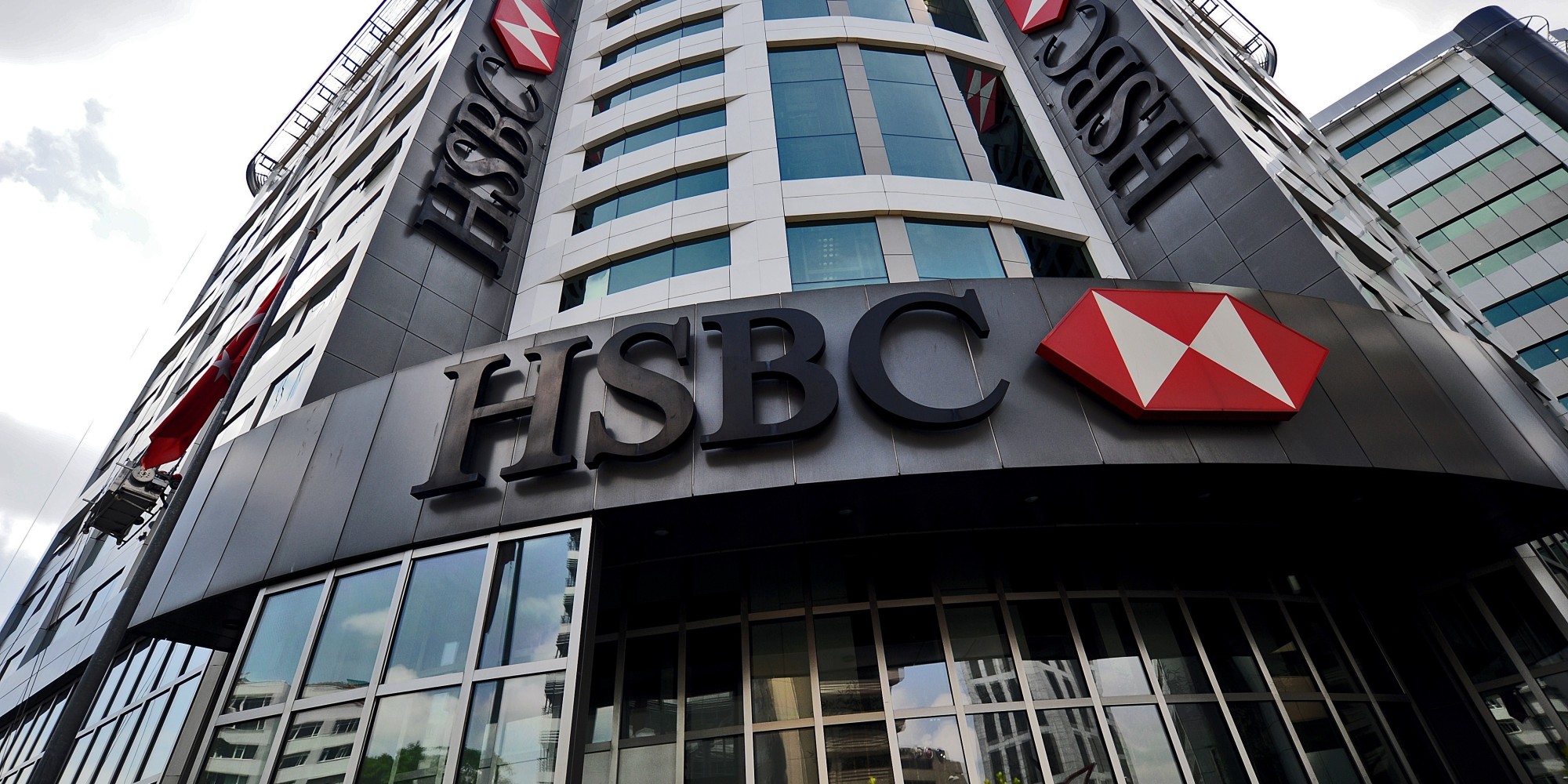Hong Kong (Reuters) – HSBC has reported an annual profit that surpassed analyst expectations, driven by robust performance in its wealth and markets divisions. Alongside the strong financial results, the bank has announced ambitious cost-cutting measures as part of a sweeping restructuring plan under its new Chief Executive Officer, Georges Elhedery. The London-headquartered lender, which derives the majority of its earnings from Asia, is sharpening its strategic focus on the region in an effort to enhance returns and improve efficiency.
The latest financial disclosures reflect a period of significant transition for HSBC as it navigates a complex economic landscape. With central banks across major economies adopting divergent monetary policies—Europe preparing for rate cuts, the United States holding firm, and Japan signaling a possible increase—Elhedery has been tasked with steering the bank through uncertain waters while executing a transformative vision.
For the fiscal year 2024, HSBC posted a pre-tax profit of $32.3 billion, up from $30.3 billion in the previous year, outperforming analysts’ average estimate of $31.7 billion. The bank’s revenue remained resilient despite a challenging interest rate environment, reflecting the strength of its core businesses and its ability to adapt to shifting economic conditions.
A key component of Elhedery’s restructuring strategy is an aggressive cost-reduction initiative aimed at improving operational efficiency. HSBC has set a target of achieving approximately $300 million in cost savings in 2025, with a broader goal of cutting annual expenses by $1.5 billion by the end of 2026. This initiative includes an 8% reduction in personnel expenses over the next two years. The CEO emphasized the importance of optimizing the bank’s resource allocation, ensuring that capital and operational investments are aligned with its strategic priorities.
“We have renewed vigor in finding the efficiencies that will optimize our resource allocation, be that geographical, business line, or balance sheet,” Elhedery stated in the bank’s earnings release. “This will enhance the way we actively and dynamically manage costs and capital, and target investments.”
Following the earnings announcement, HSBC’s Hong Kong-listed shares gained over 1% in afternoon trading, contrasting with a slight decline of 0.1% in the broader market index. Investors responded positively to the bank’s cost-cutting plans and share buyback program, though some analysts noted that the restructuring efforts, while necessary, may not include radical new measures beyond the expected operational streamlining.
“Plans to trim personnel expenses by 8% over 2025 and 2026 are positive, but I don’t see a lot of eye-catching overhauls or drastic cost-cutting measures in the release. That’s not necessarily a bad thing—improving efficiency at a bank of HSBC’s scale requires careful coordination of numerous small and midsize adjustments,” said Michael Makdad, Senior Equity Analyst at Morningstar.
Alongside its restructuring plan, HSBC has announced a new $2 billion share buyback program, which it aims to complete before its next earnings report. The move underscores the bank’s commitment to delivering shareholder value, even as it navigates an evolving financial landscape. Additionally, HSBC reaffirmed its performance target of achieving a mid-teens return on average tangible equity (ROTE) from 2025 to 2027, though it acknowledged that medium-term interest rate trends remain uncertain.
HSBC’s wealth and personal banking division, the bank’s largest revenue contributor, reported a pre-tax profit of $12.2 billion in 2024, marking a 5.2% year-on-year increase. The growth was driven by a surge in new customers and strong sales of wealth management products, reinforcing the bank’s strategic emphasis on expanding its footprint in the affluent banking sector. Meanwhile, the global banking and markets segment recorded an even more impressive performance, with profits soaring nearly 27% to $7.1 billion.
As part of its capital return strategy, HSBC has declared a fourth interim dividend of $0.36 per share, bringing total dividends for 2024 to $0.87 per share. This includes a special dividend of $0.21 per share, reflecting the proceeds from the sale of its Canadian business—a move that further consolidates HSBC’s efforts to streamline its global presence and focus on high-growth regions.
Since stepping into the CEO role in September last year, Elhedery has moved swiftly to reshape HSBC’s operational structure. He has reduced the ranks of senior management, reorganized key divisions along East-West lines, and implemented a major retrenchment in the bank’s investment banking operations. In one of HSBC’s most significant strategic shifts in decades, Elhedery has scaled back the mergers-and-acquisitions and equity capital markets teams in Europe and the Americas, reinforcing the bank’s pivot toward Asia.
The latest results and restructuring efforts underscore HSBC’s determination to enhance profitability, strengthen its market position in Asia, and deliver long-term value to its shareholders. As the bank continues to adapt to an evolving global economic environment, all eyes will be on Elhedery’s leadership and the effectiveness of his strategic vision in shaping HSBC’s future trajectory.







